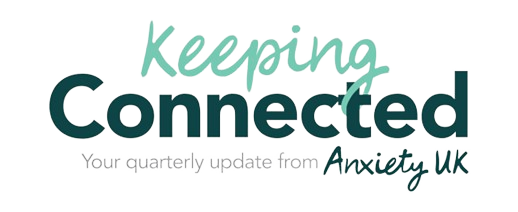Getting into my body and out of my head – journaling to ease anxiety
By Claire Pearce
I’ve been a life-long sufferer of anxiety, from low level right through to full on panic attacks. Journaling has helped me in so many ways: to make sense of the world, reclaim forgotten parts of myself and surface internal wisdom and creativity to name a few.
It’s also brilliant for dealing with anxiety, catastrophising and the like. I wanted to share an experience with the Anxiety UK community in the hope it might give you something new to try.
Preparing for a workshop
I was getting ready to run an ‘in person’ workshop – the first after Lockdown. About half an hour before I was about to deliver, I got into some quite severe anxiety: “Who do I think I am?! How did I get myself into this situation?!” You know the drill.
Six senses
So, I grabbed my notebook with my sweaty palms and turned to an exercise I’ve used many times called, Six senses and started to write, “I’m anxious, my heart is racing, my palms are sweaty, I’m hot, I feel like a balloon about to burst, etc.,” in fast and furious, messy handwriting, letting the energy spill out onto the page in big, scrawly, frantic words – I even ripped a few pages. I normally try and stay away from saying things like, “I’m anxious,” and instead just focus on the physical experience, but it doesn’t always happen by the book. Once I got most of the energy out, I then wrote myself calm by writing things like, “slow, breathe, calm”.
What’s happening
A similar exercise I’ve used many times, especially when experiencing generalised anxiety, is What’s happening? This time, I focus on what’s going on outside of me. I literally name what I can see, hear, smell, taste, feel etc. It’s really all about getting into the physical experience and out of my head.
Review what you’ve written
I also find it’s helpful, as well as reading out loud what I’ve written (even to myself), to reflect on what I’ve written. Here are some general questions it’s also useful to ask after journaling:
•What do you notice about what you wrote?
•Did you miss anything obvious?
•How do you feel about what you’ve written?
•Is your energy different?
•Are there any words or phrases calling your attention? If so, make a note of them to use for onward prompts another time.
•Are there any beliefs that need to be updated, judgements or generalisations that need to be questioned?
‘I’m Claire I’ve been using creative writing and journaling techniques for many years now. I’m pretty evangelical about how journaling can help to make life easier and more enjoyable and run regular journaling sessions, courses and one: one for self-discovery and other self-help topics.’
The views expressed by the contributor are not necessarily those of Anxiety UK, nor can we guarantee the accuracy of the information provided. If you would like to write a blog for AUK please email [email protected] for more information.







